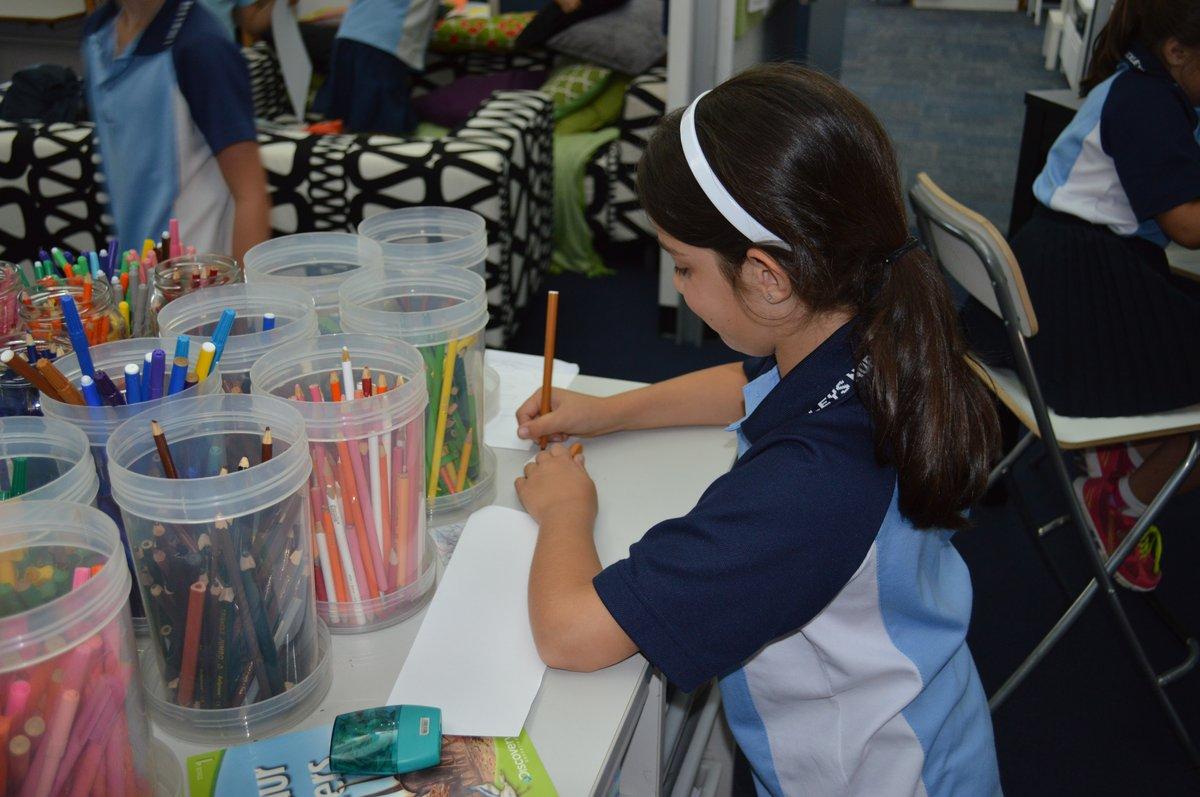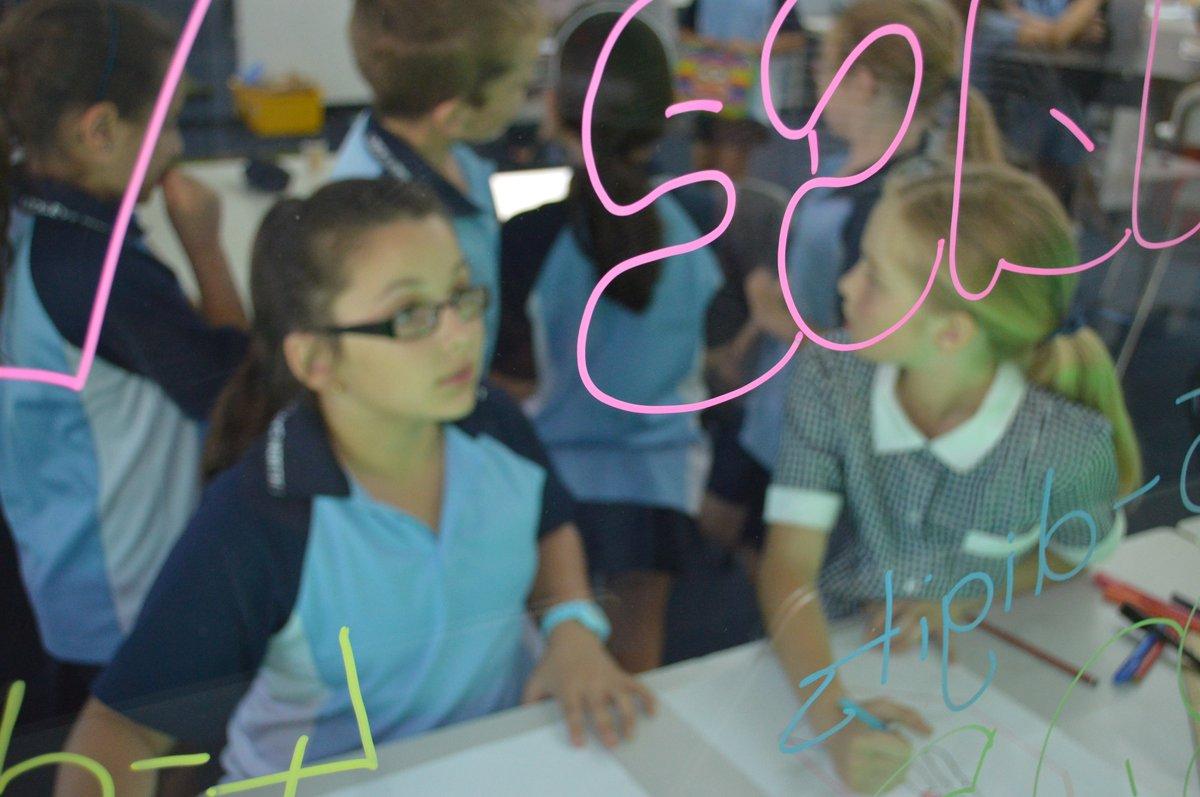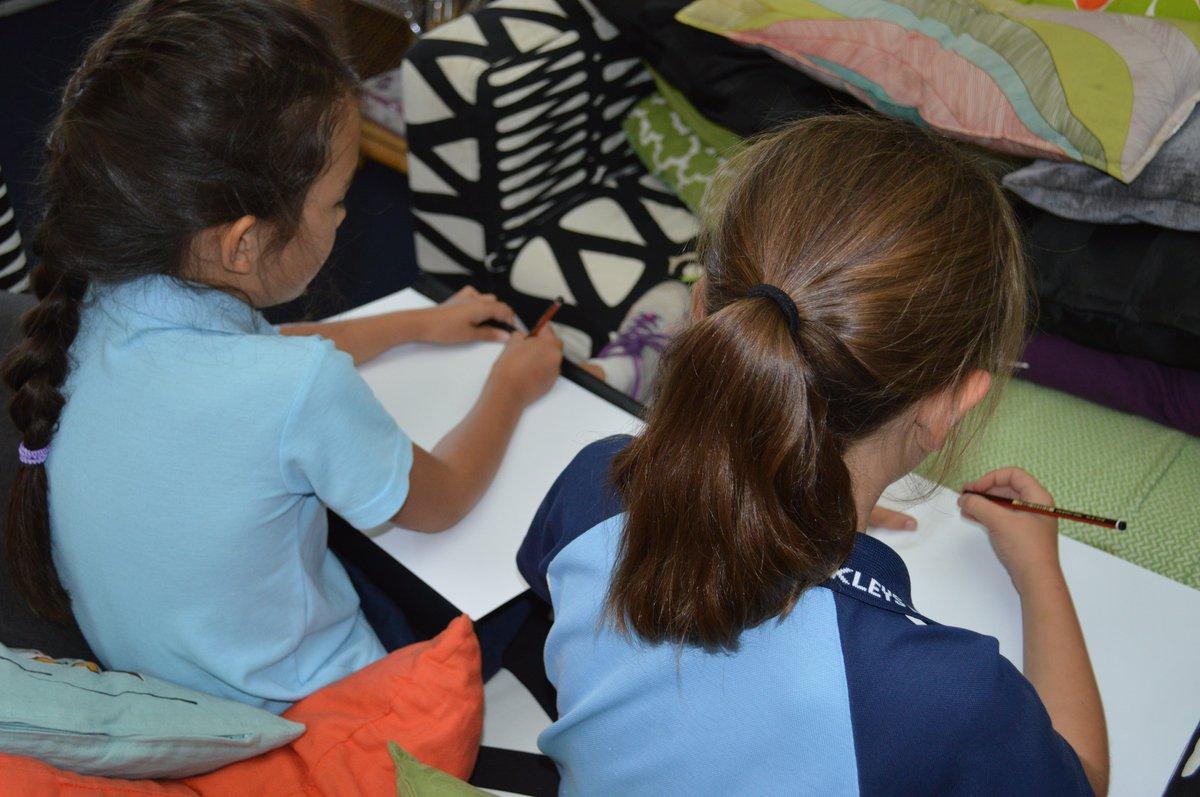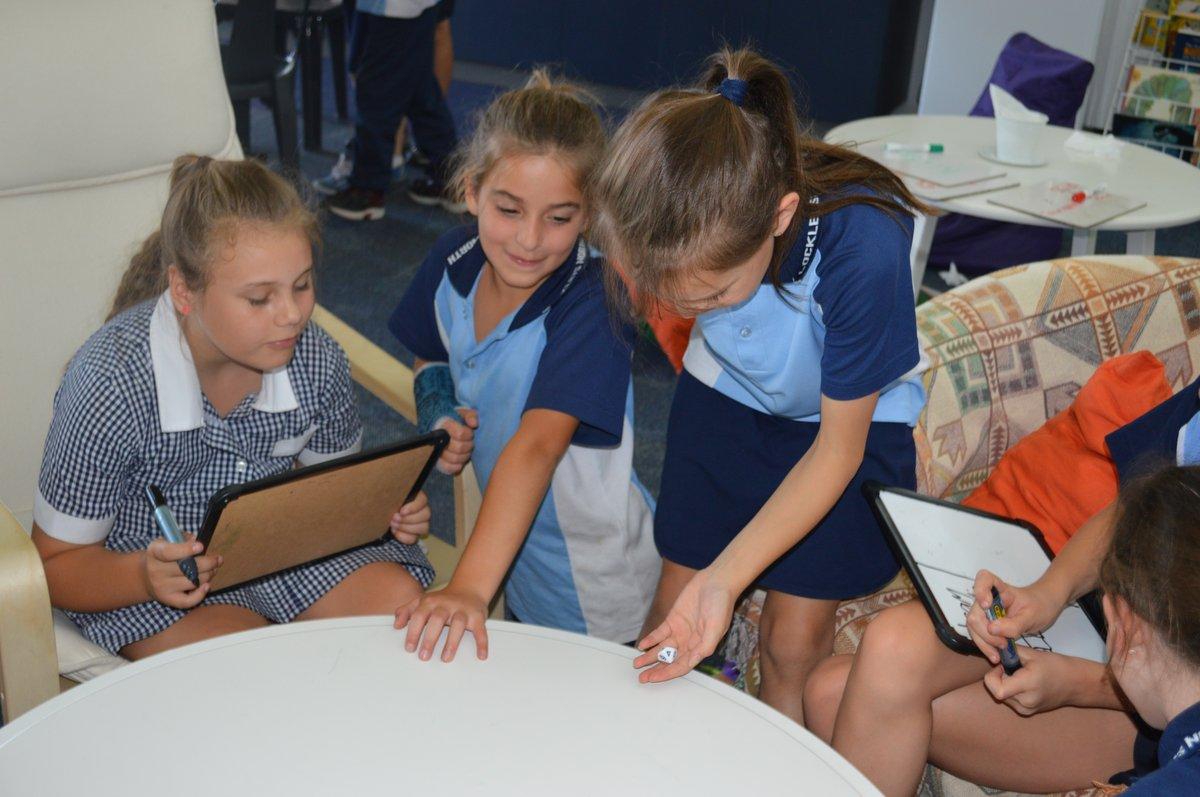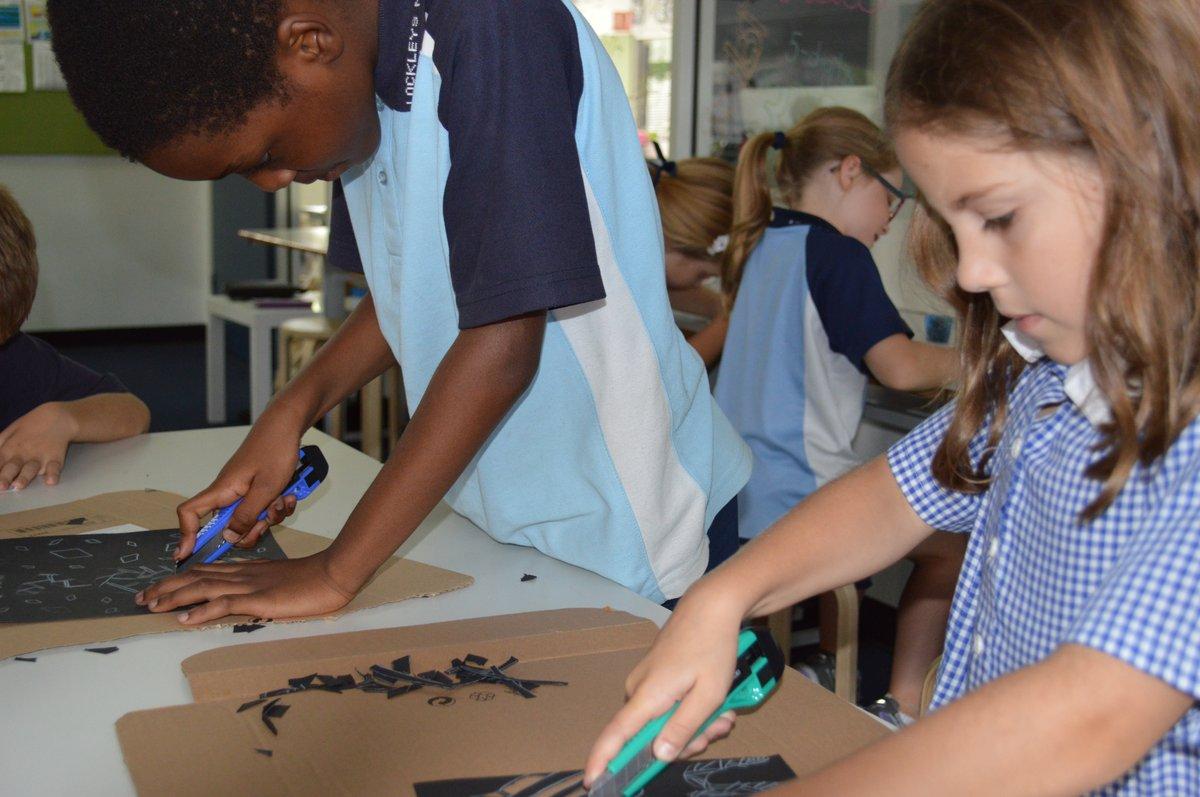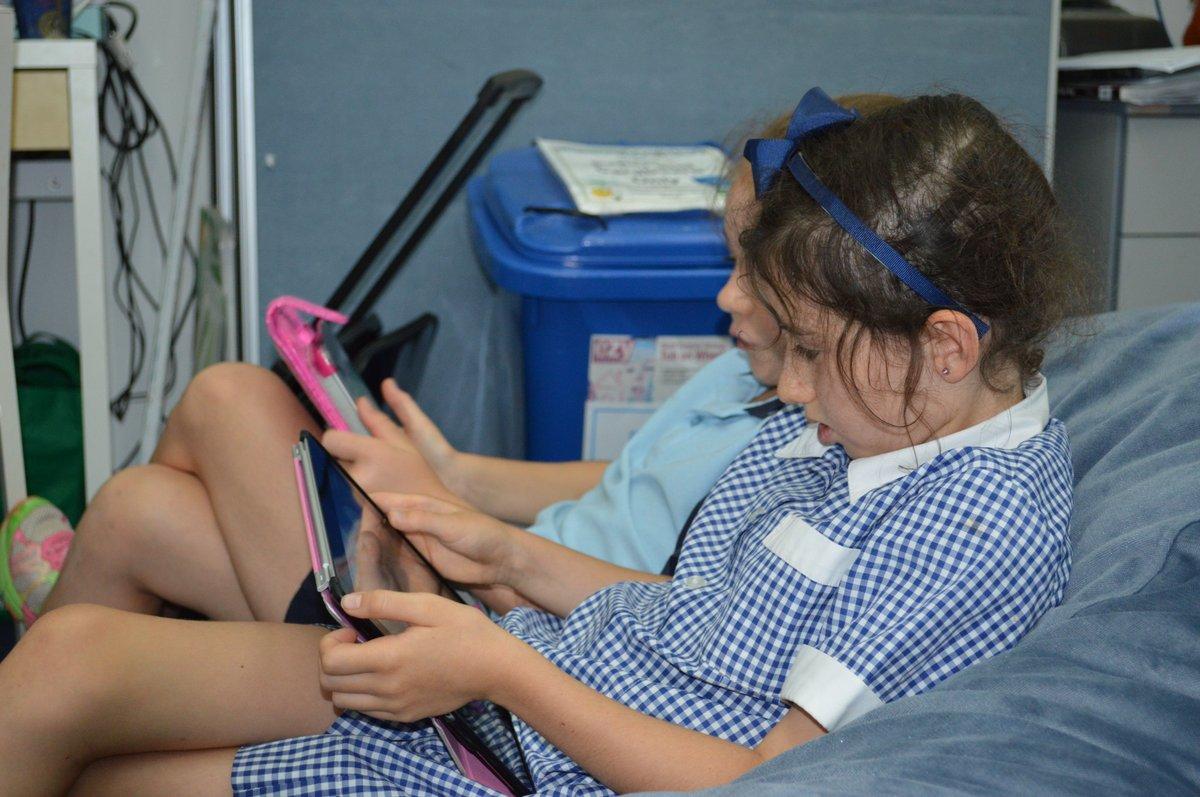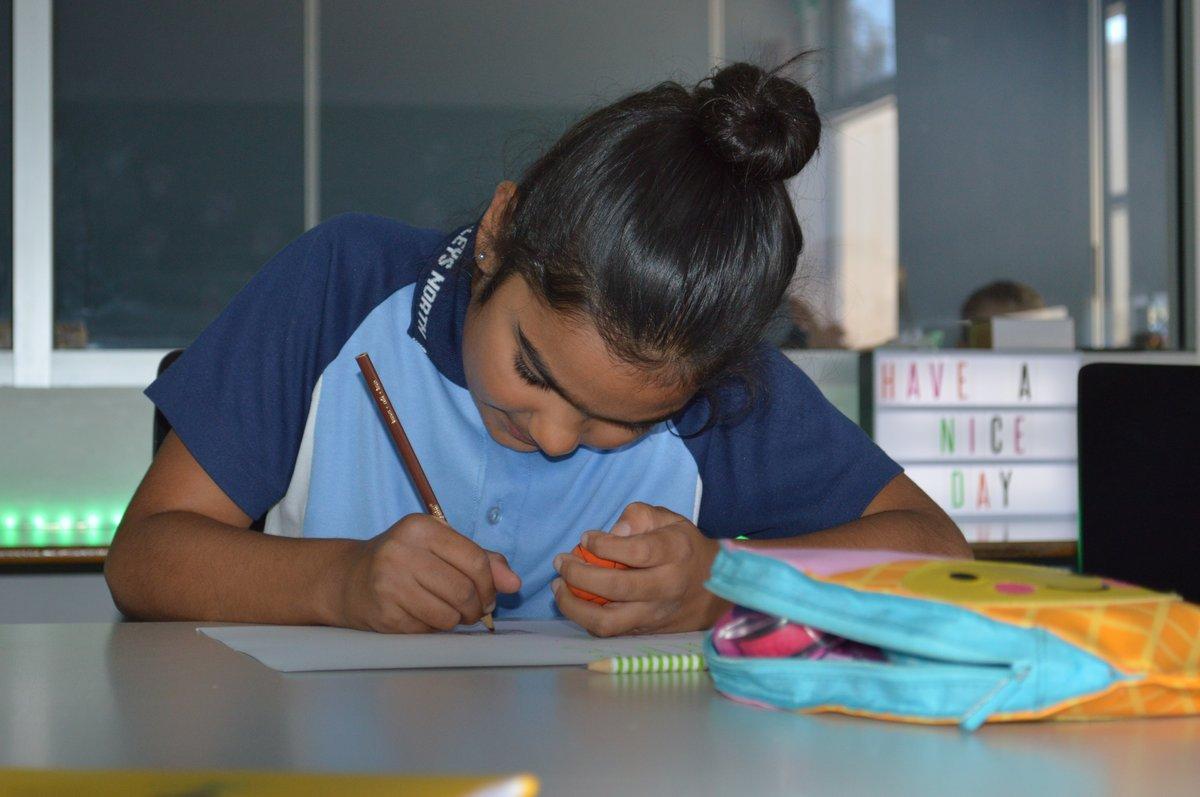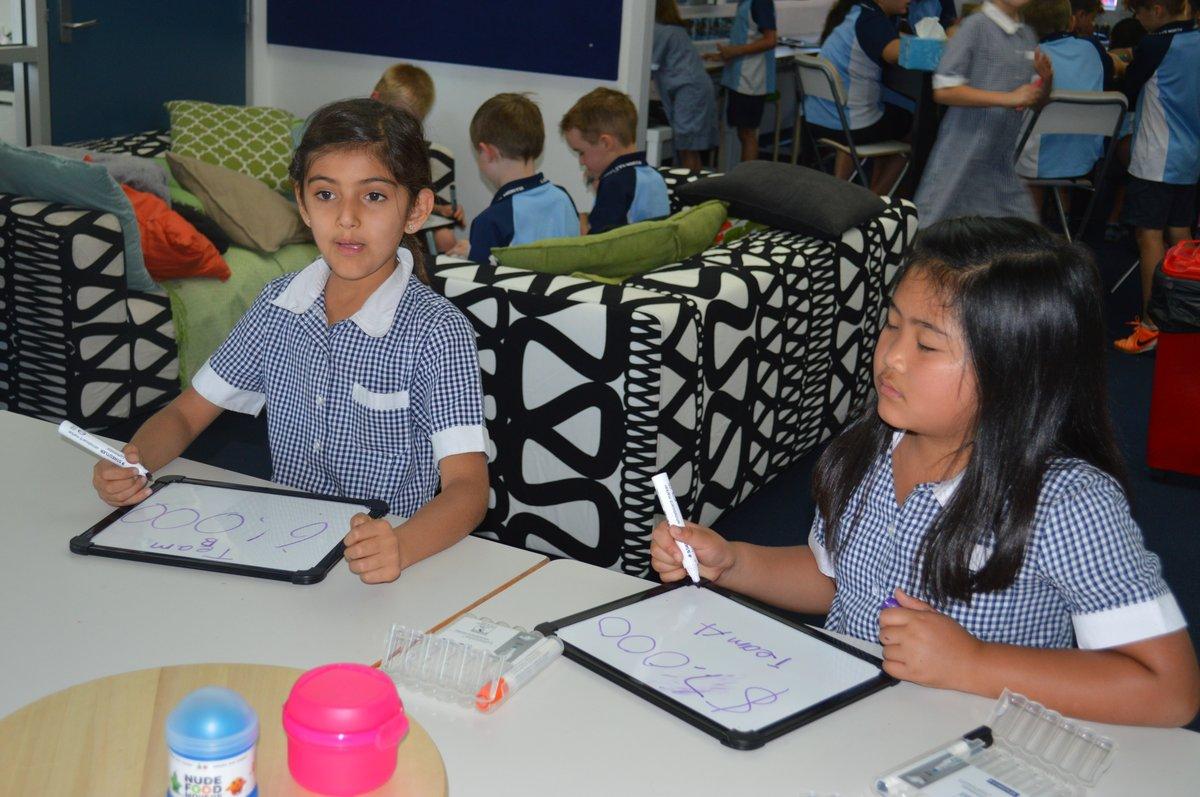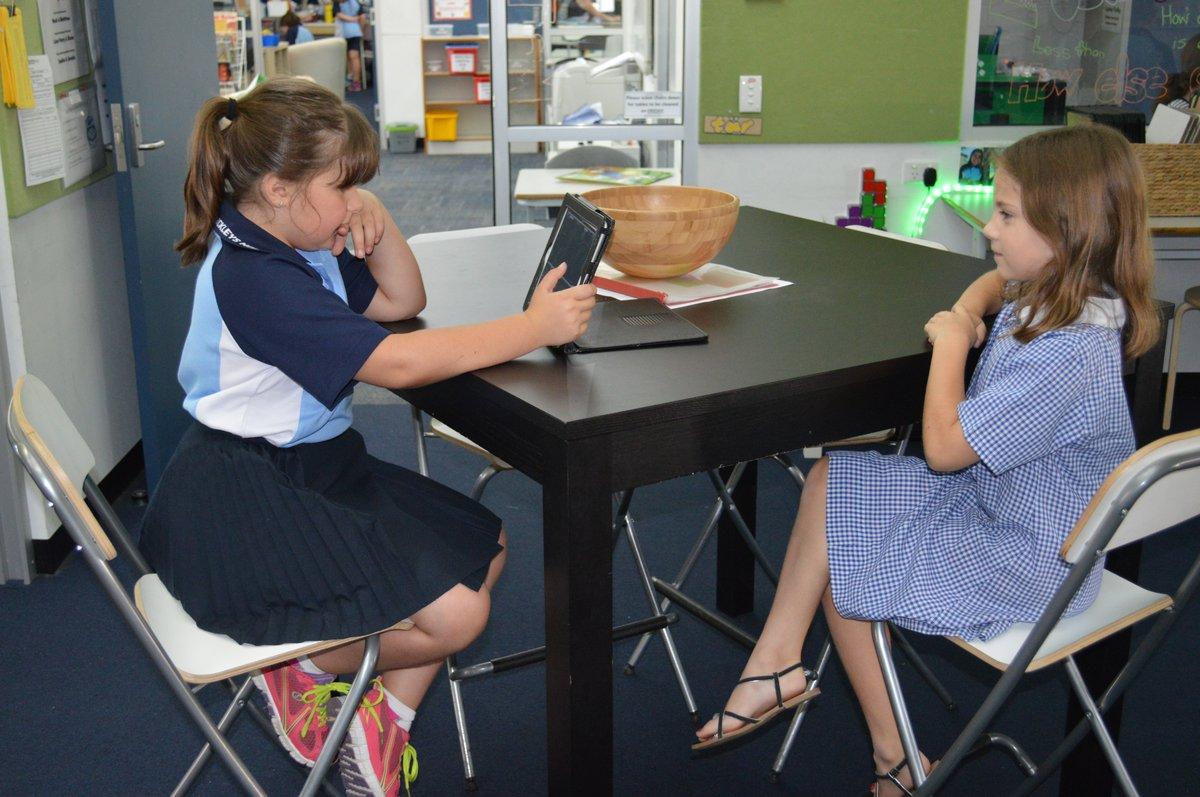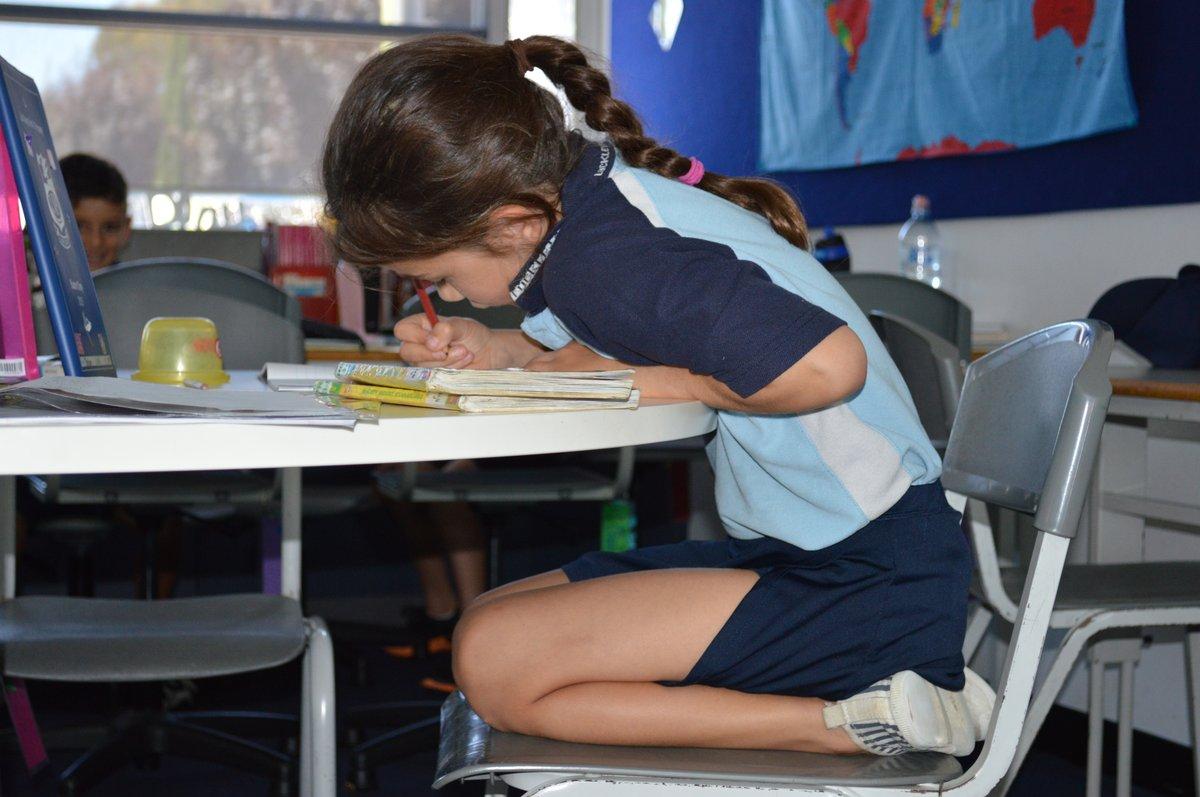Learning Environment in Torrens
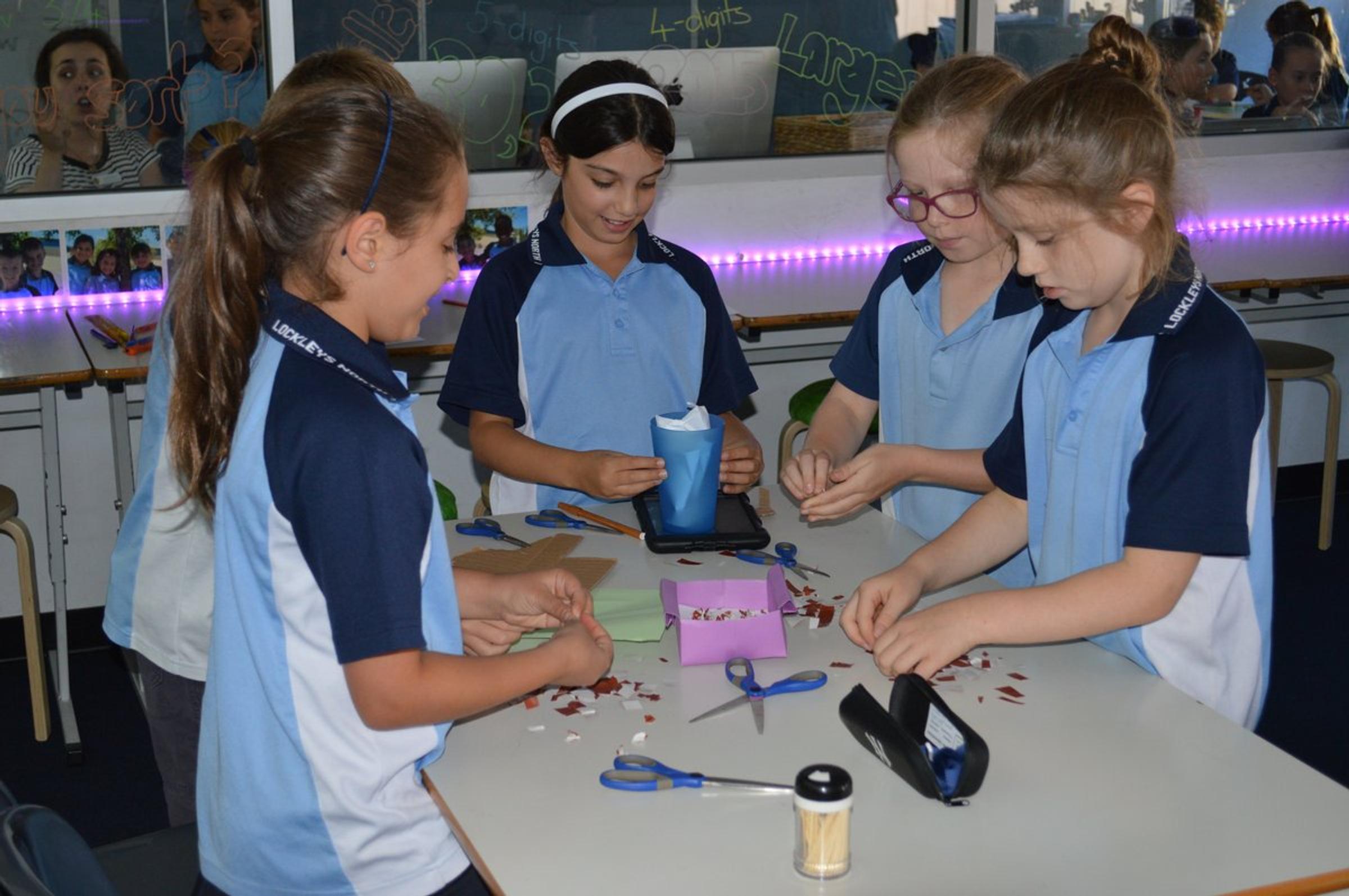
Change is essential
We all remember our own experiences of education and expect that our children will have the exact same experiences. How can we possibly imagine a classroom environment that is in contrast to the memories of our own school days.
Classrooms of the 19th Century, where rows of desks with ink wells dominated the environment, are a distant memory. Even more recently, rows of desks (or clusters of them) still all pointed towards the 'most important person' in the room and a board where teachers would write and children would copy - without too much thought for why.
Children are not all the same so why should their educational experiences all be the same. We are no longer preparing them for life on a factory line - who knows what their jobs will be in 10+ years time when they enter the workforce. Education needs change as the world around us changes - we must adapt quickly!
Although, teachers are still quite important, we guide learners towards making good decisions for themselves within the framework of the Australian Curriculum and based on clearly structured learning intentions. There is a greater emphasis on why and how children learn and what application it has to their current or later life.
Learners of today will need to be skilled as effective communicators, collaborators, creative and reflective thinkers. The flexibility in our learning environment allows for children to work in different groupings linked to their learning intentions and in different spaces for different purposes to develop these and other important life skills.
Here is a glimpse into how children use their learning environment.
Many of our Year 3/4 children have experienced flexible learning environments for over two years. We have involved them in the process and listen to their feedback about 'how we can improve further'. It is always interesting to hear how they think they are progressing as learners and how important their learning environment is.
Our learners are far more adaptable, resilient, organised and creative than adults give them credit for. They respond to the respect and trust that we have in them to be responsible for their own learning. Their opinions are valued, they often make good decisions about their learning and are allowed to learn from their mistakes.

